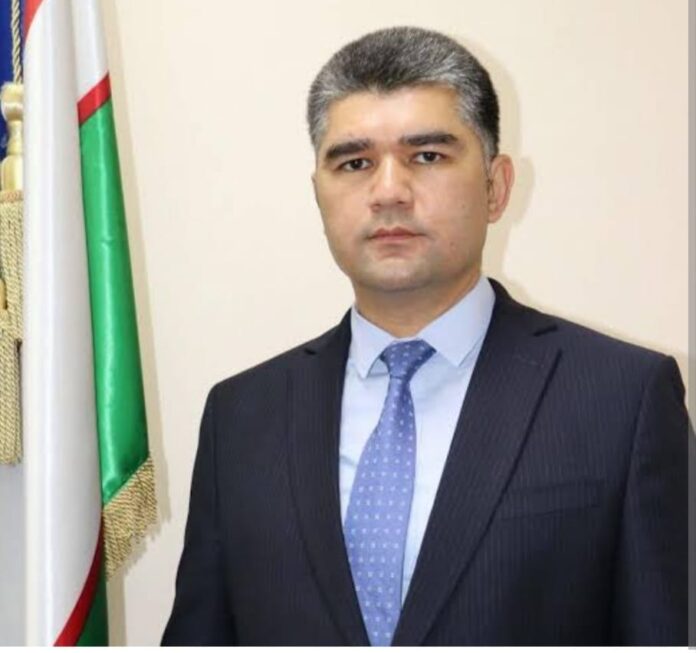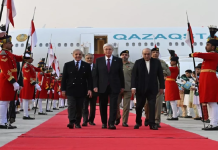TASHKENT, Uzbekistan/Shams Abbasi/ – Jasurbek Choriev, the Deputy Minister for Transport and Aviation of Uzbekistan, has disclosed that plans for the initiation of direct flights between Pakistan and Uzbekistan, scheduled to commence in October 2024. This milestone announcement marks the onset of a transformative phase in the strategic partnership between the two nations. Anticipated to usher in a wave of economic prosperity, this collaborative endeavor holds the promise of reshaping regional dynamics and fostering enhanced cooperation between Pakistan and Uzbekistan.
He said that a trilateral trade corridor project involving Pakistan, Uzbekistan, and Afghanistan is set to commence. This project holds significant value for the economic integration of the region.
The completion of this corridor is anticipated to catalyze an upsurge in regional trade and invigorate economic activities across the involved nations. “The integration of Afghanistan into this project underscores our collective commitment to enhancing regional commerce,” stated Choriev.
Pakistan holds the status of a key economic ally for Uzbekistan, with collaborative ventures spanning various sectors. The bilateral partnership between Pakistan and Uzbekistan is deemed crucial for economic and trade integration within the region. “We view Pakistan as an integral partner in our journey towards regional economic prosperity,” affirmed Choriev.
Uzbekistan’s strategic position at the heart of Central Asia, coupled with Pakistan’s geostrategic significance in South Asia, underscores the importance of robust connectivity between the two nations. Enhancing air, rail, and road links is essential for bolstering bilateral trade.
Choriev revealed that direct flights between Pakistan and Uzbekistan are set to commence in October 2024, marking a new chapter in the countries’ strategic partnership. This collaboration is expected to herald a new era of economic prosperity in the region.
Reflecting on the historical ties, Choriev noted, “Our economic and trade relations are rooted in the legendary Silk Route. We are determined to rejuvenate this ancient trade pathway.” The Great Silk Road, a testament to cultural, economic, and geopolitical exchange, remains a symbol of historical significance.
The Tashkent International Investment Forum served as a platform for international experts and government representatives to explore avenues for strengthening economic cooperation and cultural exchange along the Silk Road’s ancient routes.
Choriev emphasized the importance of respecting the laws and cultures of other nations while pursuing economic and transportation initiatives that benefit all, not just Uzbekistan. The forum facilitated discussions on modernizing the Silk Road, expanding trade, and fostering intercultural dialogue among the historically connected countries.
“To actualize the vision of the New Silk Road, we must implement concrete measures to ensure safe and efficient transport corridors, develop logistics infrastructure, and fortify cooperation among regional states,” Choriev concluded.






